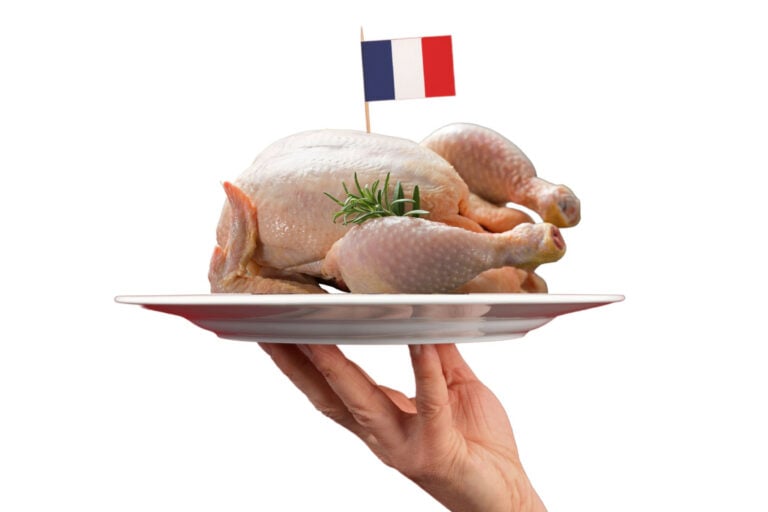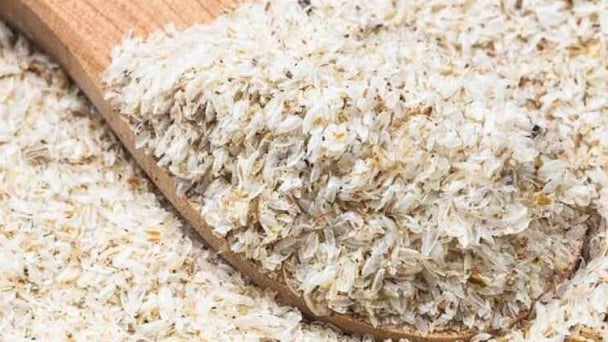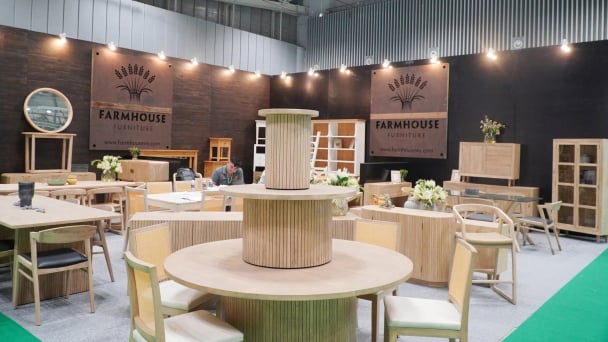May 29, 2025 | 15:44 GMT +7
May 29, 2025 | 15:44 GMT +7
Hotline: 0913.378.918
May 29, 2025 | 15:44 GMT +7
Hotline: 0913.378.918

Anvol believes that supermarkets and all other shops, restaurants, bars, fast food chains and every other premise where chicken is sold or used should mention the origin of that meat so that consumers who want French chicken can find French chicken. Photo: Canva.
The French ate 31.6 kgs of chicken, duck or turkey, compared to 31 kgs of pork and charcuterie. Poultry meat consumption grew by 10% year-on-year and by some 15% since 2019.
Encouraging news for the national poultry industry, says Anvol, the French interprofessional organisation for the poultry industry. “We have been able to regain some territory, but national production is still far from sufficient to meet ever-growing demand.”
France still needs to import ever larger quantities of chicken, which, according to Anvol, often comes from countries that do not respect the high standards that French producers must adhere to.
Two sides to a coin
“Chicken is still affordable, easy to cook or otherwise prepare, and is volatile,” Anvol vice-president Patrick Pageard said. “The success is a story with 2 sides, however. Thanks to the vaccination campaign we’ve had in France, the sector have been able to regain its position after a number of bad years because of the outbreaks of avian influenza. However, the modest growth in production is not sufficient to offer everybody the French chicken or duck they want.”
Although the import of poultry last year was lower than in 2023, it is still at an extremely high level, Anvol thinks. Over 4 of all pieces of poultry consumed are imported. For chicken, that’s almost half. Over the last 5 years, the amount of imported chicken has grown by 37% to 222,000 tonnes.
A dependance on imports
The French State Council recently said in a report that the national market is increasingly dependent on imports. Among the foreign suppliers, Poland multiplied the quantity it sold to France by 5 since 2010, while Germany, Belgium and the Netherlands also supply the French with more chicken. As a result, the trade balance for poultry and poultry meat preparations has showed a massive shortfall of €1.251 billion. “All our efforts to improve the situation haven’t had any effect at all,” Anvol warns.
To fight those massive imports and increase national supply, Anvol and other players in the French poultry sector ask that all actors, the authorities as well as the general public come together in a mobilisation to increase national production. The organisation earlier calculated that 400 new poultry sheds are needed to reach its goal. “That’s one building per year in all of the 99 departments.”
Let the origin of poultry meat be known
Anvol also asks the government to put a stop on the imports of chicken and other poultry from countries where the production conditions would be forbidden in France. France should also stop gold-plating the European rules and regulations, something current minister of agriculture Annie Genevard has already promised. Last demand: supermarkets, all other shops, restaurants, bars, fast food chains and every other premise where chicken is sold or used should mention the origin of that meat so that those consumers who want French chicken can find it.
(Poultryworld)

(VAN) The import-export turnover between Vietnam and Singapore rose amid a trade rebound, with machinery, electrical equipment, and fuels making up the majority of the transaction value.

(VAN) Director General of the General Administration of Customs of China, Ms. Sun Mai Jun, has pledged to implement measures that will ease the import process for Vietnamese agricultural products.

(VAN) Although Vietnam is still increasing its coffee exports, the industry is currently in the process of determining market strategies in response to the U.S. imposition of reciprocal tariffs.

(VAN) With rising demand in Muslim-majority countries, Halal certification is becoming a critical passport for Vietnamese agricultural products seeking sustainable market access and consumer trust in the Middle East and Africa.

(VAN) Vietnam’s fruit and vegetable exports to the U.S. are rising sharply, and exporters are hoping that any upcoming reciprocal tariffs will be set at manageable levels.

(VAN) Despite meeting quality standards, Vietnamese rice bran exporters still face difficulties with administrative procedures under the new protocol.

(VAN) The U.S. is tightening import tariffs and origin inspections, requiring Vietnamese businesses to proactively prepare in terms of legal compliance, supply chains, and appropriate export strategies.